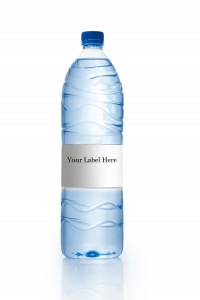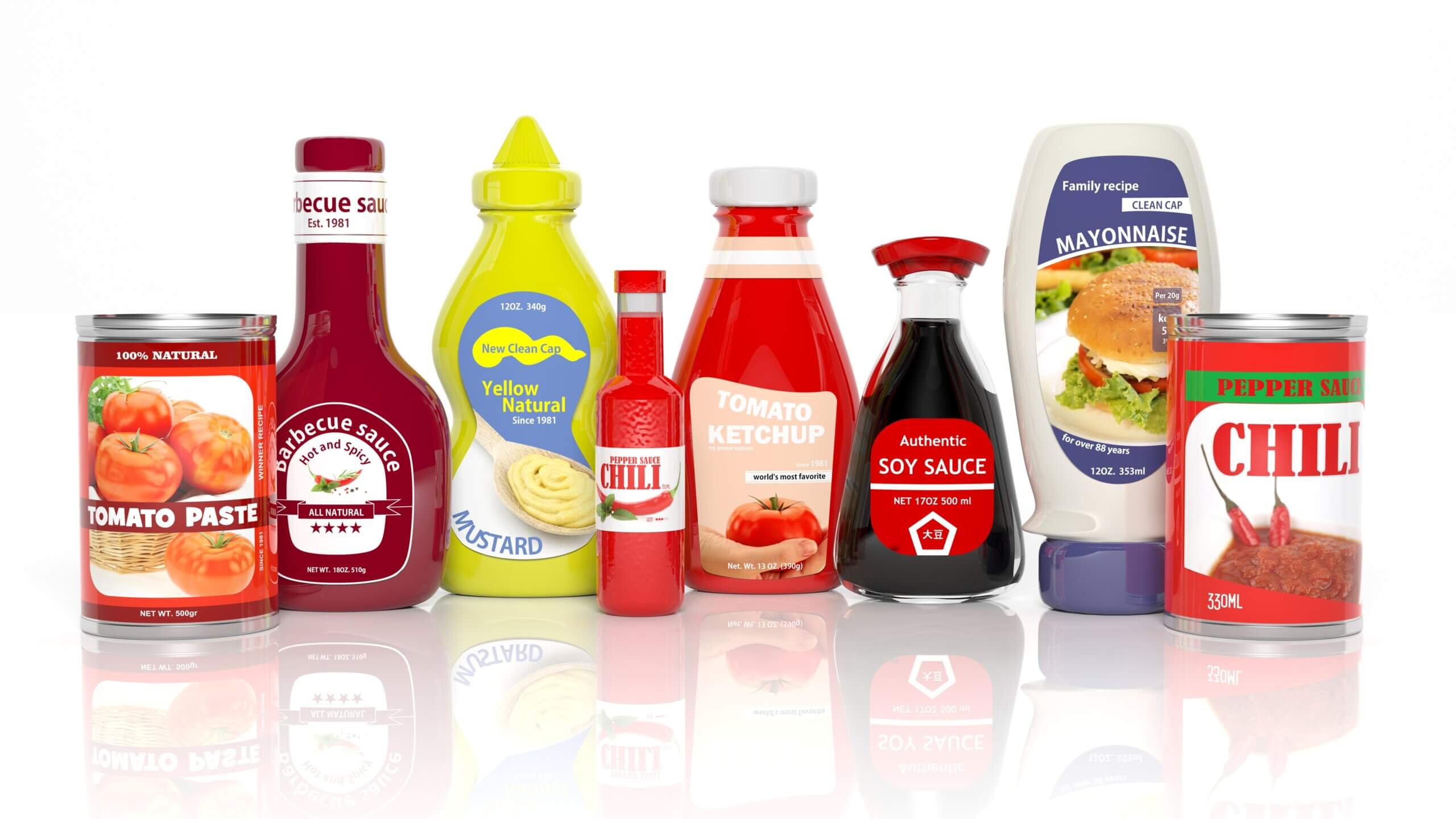
Using Private Labels to Expand Product Offerings: An Overview
Private labels are labels that a company uses to sell products that are made for it by another company, using its own brand and not the brand of the company that makes the product. For example, the pharmacy Walgreens may pay a manufacturer of over-the-counter (OTC) cough remedies to create a cough syrup that the pharmacy then sells under the Walgreens brand. Chances are that you have some private label products in your home or workplace right now.
Sales and Marketing Advantages
To consumers, the use of private labels can seem somewhat perplexing. Why would a company go through the process of branding another company’s product as its own, when it could instead sell the product under another company’s brand with less effort?
From a sales standpoint, the arrangement is typically implemented to produce a store brand product that has a better price point than name brand products that are practically identical to it. Consequently, the store brand tends to sell more units than a competing name brand, with the high volume of sales establishing the financial value of the lower price.
This is the utilitarian value of private labels from sales standpoint. When you analyze them from a marketing standpoint, you see why products that feature them are so attractive to sellers. Not including the fact that the products have better prices than big name brands, most sellers that use private labels do so to achieve one or more of the following marketing-related advantages.
- Brand Loyalty — The seller can create a marketing identity around the product that promotes customer recognition and loyalty, which in turn promotes strong sales.
- Tailored Specifications — The seller can use labels that feature its logo, the product’s name, the product’s description, etc. in a way that is ideal for appealing to buyers.
- Better Control — The seller has excellent control over how the product is priced, marketed sold, and distributed, and thus has more control over the bottom line.
- Product Exclusivity — The seller owns the brand and can develop it to make its products appear highly exclusive, then leverage this identity for marketing purposes.
Considering these advantages, what prevents some multi-brand retailers from developing a store brand? From a labeling and packaging standpoint, one of the greatest obstacles is that store brand lines result in a large volume of stock keeping units (sku’s) for the manufacturer to manage. But this obstacle can be circumnavigated when the seller works with an experienced provider of private labels and custom packaging solutions, such as Flexo-Graphics.
Need Help With Private Labeling?
If your company is interested in creating a store brand or expanding its current line of store brand products, we can simplify your plans by creating best in class, digitally printed private labels and product packaging, and by handling the placement and management of sku’s so the manufacturer and your company can focus on what they do best: make products and sell them.
For more information about our private labels and packaging solutions, please call us today at (262) 790-2740, or fill out the contact form on our website, to schedule a free consultation. With our assistance, your dreams of profiting from the sale of a store brand can become a reality!
THE LATEST FROM INOVAR
WE'RE HERE TO SERVE YOU
Creating and producing labels can be overwhelming, but our experts are here to guide you every step of the way. Whether you have a project ready to go, have questions about label applications or materials, or want to learn more about our services, our team is ready to assist you.


